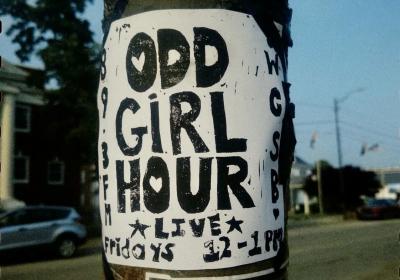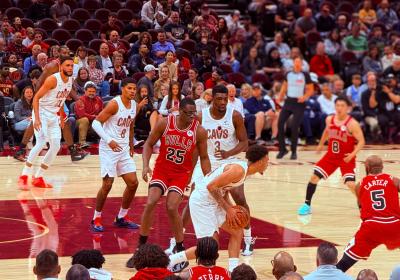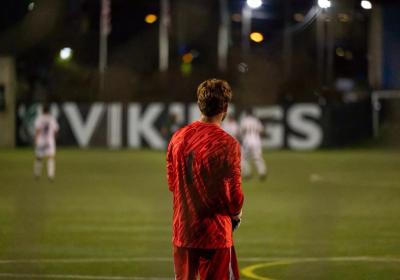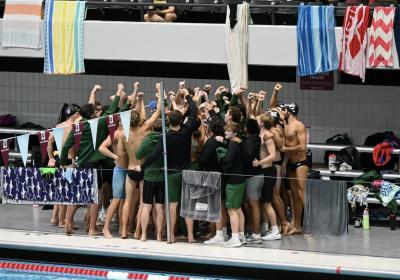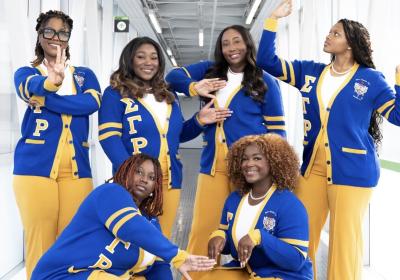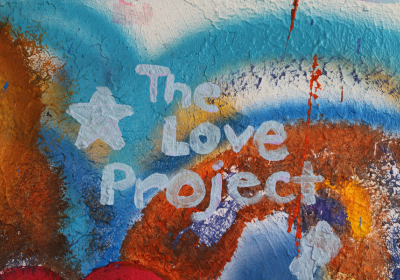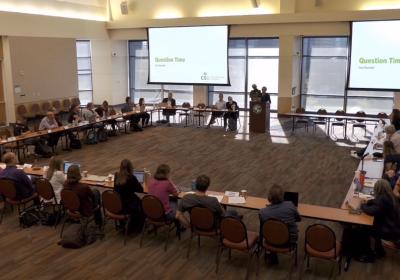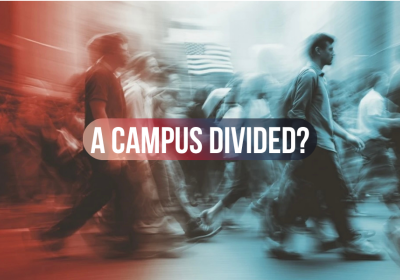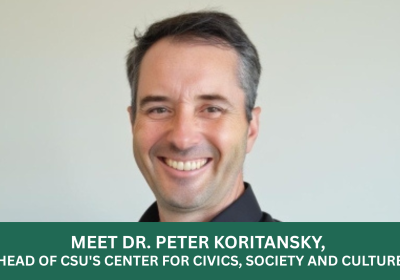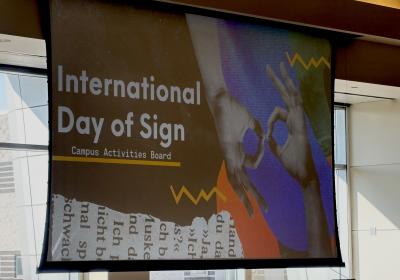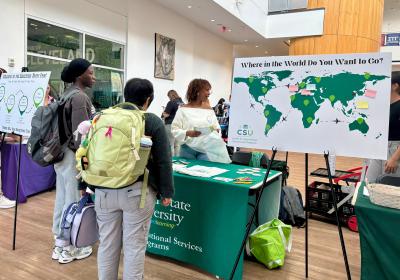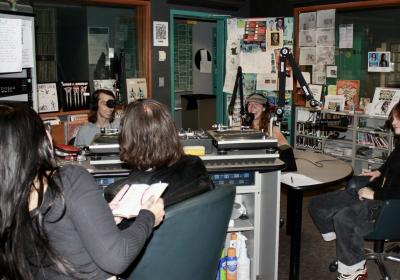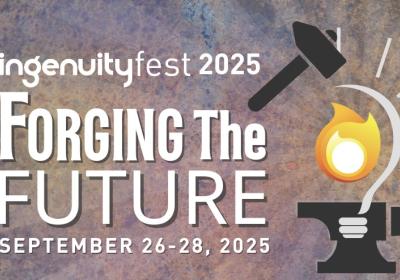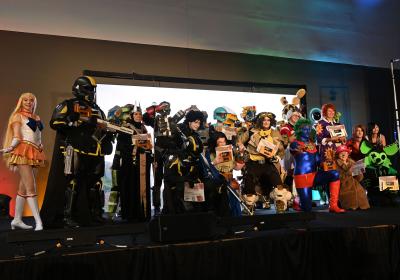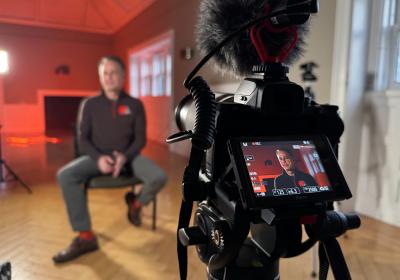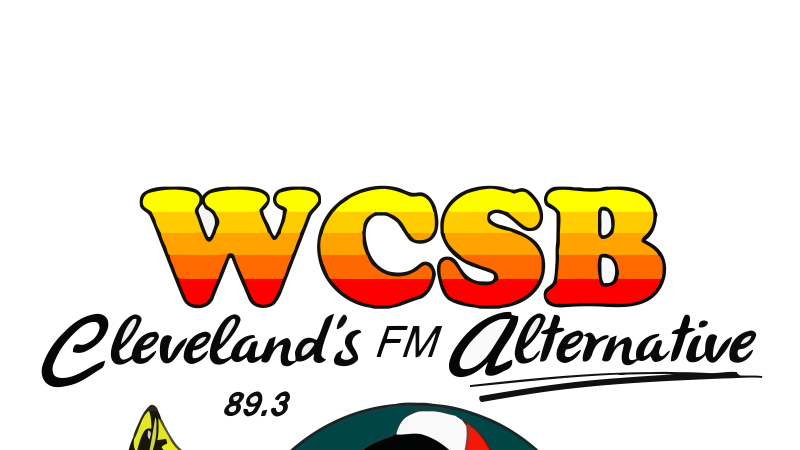
WCSB Finds Alternative Ways To Broadcast During Corona Crisis
Jeremy Biello, a reporter for The Cleveland Stater, is also the development director of WCSB. He provided this behind-the-scenes look at how the station is able to keep operating.
Cleveland State University ordered WCSB, a student-run radio station, to cease its regular programming when the university stopped all non-essential services and operations in an effort to control the coronavirus outbreak.
The station’s executive staff held one of its regular weekly meetings March 15 to discuss the likelihood of shutting down if Cleveland State University stopped all in-person activities. In that meeting Daniel Lenhart, Cleveland State’s web and marketing specialist, received confirmation that all in-person programming at the station must stop.
The meeting focus turned to a discussion about how to remain on the air.
On the same day, WCSB released a statement to listeners on its website informing them that the station “has been advised to ask [programmers] to practice ‘social distancing’ by not” producing live shows, and, instead WCSB would be “airing pre-recorded programming.”
The message continued with a reminder to listeners that this would not be possible without their financial support.
Connor Simpson, general manager of WCSB, explained that in 2017 the station installed the pre-programmed automation that is playing and normally plays during unfilled time slots with money raised during the station’s 2015 Radiothon fundraiser.
“It was in 2017 that we started doing overnight programming,” Simpson said. In years prior, “after 3 a.m., the last person [in the studio] would play a PSA that told listeners we were shutting down and then turn off the transmitter.”
Without this pre-programming technology, the radio station would be completely dark right now as some college radio stations are. An article in the music review Pitchfork listed 15 college stations affected by closures and how they are dealing with it. At the top of that list, under Boston College and the University of California, Berkeley was WCSB.
Cleveland State’s blurb on Pitchfork includes a statement sent in by Simpson about the station’s unique automation situation.
“[Station] members are sending in archived shows dating back several years and others are recording new programs to air during their time slot,” Simpson wrote. “We have also received recordings of shows from community listeners to add to our library of automation programming.”
The “community listeners” he refers to are most notably Dave ‘the Canadian Angel’ Bachner and Steve Z. According to Steve Z, Bachner has been recording and archiving WCSB non-stop since 2016. He said that Bachner archives with two backup hard drives that provide a total of three sources to create year-long archives.
With what Bachner and Steve Z can provide, as well as the new material being produced remotely by station members using the software LogMeIN, WCSB’s automation team can program multiple days’ worth of radio shows without entering the studio.
Keith Newman, associate producer at WCSB, said it takes him two hours to program 24-hours’ worth of automation.
“Other stations have a different set-up where they have a digital library that will shuffle songs,” Simpson said. “When we can put people’s shows on when their time slot is, it creates a sense of consistency and normalcy in a time like this.”

